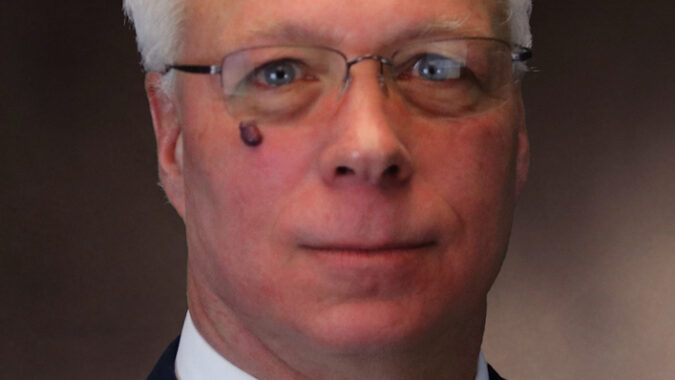A packed room was at hand at NJBIA headquarters to hear from legislative and Murphy administration leaders concerning the recently adopted Energy Master Plan and Executive Order 100, which seeks to implement the administration’s energy policies through regulatory actions by the Department of Environmental Protection (DEP).
Assemblyman Wayne DeAngelo (D-14), chairman of the Assembly Telecommunications and Utilities Committee, started the meeting by discussing the need for balanced energy policies that include the continued use of natural gas. The assemblyman discussed his continuing communications with the Governor’s Office and the role of the Legislature in providing oversight.
DEP Chief of Staff Shawn LaTourette gave an in-depth review of the department’s intentions in implementing the regulatory mandates contained in EO 100. In response to a statement from NJBIA’s Vice President of Government Affairs Ray Cantor that the business community was apprehensive because the executive order was vague and the Governor’s statements upon its signing were expansive and implied an overly aggressive regulatory approach, LaTourette assured the attendees that the DEP intended to take a balanced approach, stay within their clear legal authorities, and act “thoughtfully and pragmatically.”
He made a clear distinction between resiliency and carbon reduction policies and clearly stated that the department would not use its land use development policies to attempt to regulate carbon emissions. Still, LaTourette left the door open for potentially troublesome policies when he said that they may require “green building” and “could ask the question” about climate change impacts. NJBIA is concerned that these statements could lead to bans on natural gas in new construction or require extensive analysis of climate impacts from any new development.
LaTourette did say the air program will be looking to better inventory carbon emissions as well as seek their reduction. Since there is no viable, accepted technical way to control carbon emissions, NJBIA is concerned that any attempts to do so through the air permitting program will result in either a refusal to allow the use of fossil fuels, or a cap on carbon emissions, which could result in a limitation of hours of operation. These and other issues will be the subject of upcoming stakeholder meetings to be held by the DEP. NJBIA will be actively participating and will report back.
Board of Public Utilities Commissioner Bob Gordon spent the day with us mainly listening to member concerns. He also called for a balanced approach and emphasized the need to take into account ratepayer impacts with any policy decisions.
Member questions focused on the need for the continued use of natural gas, the need for stated clarity in regulatory direction, and the need to consider ratepayer and overall costs to the business community and consumers of any policy decisions. Members were also brief by industry leaders on the impacts the EMP would have on the transportation and building sectors.
NJBIA will be continuing this dialogue and will further update its membership at the next policy committee meeting on April 24 at Panasonic’s headquarters in Newark.


